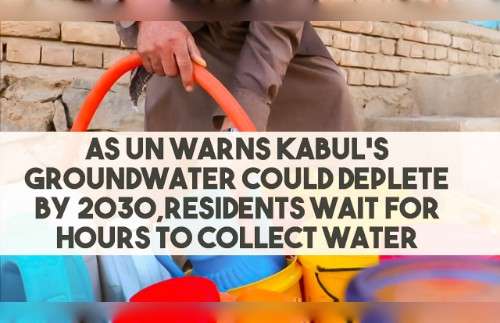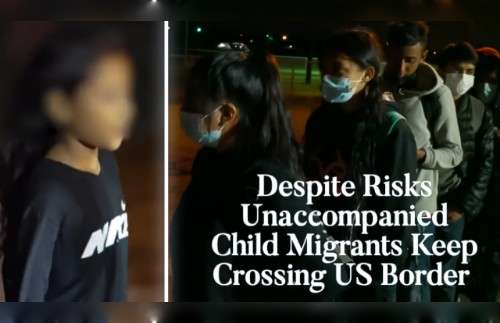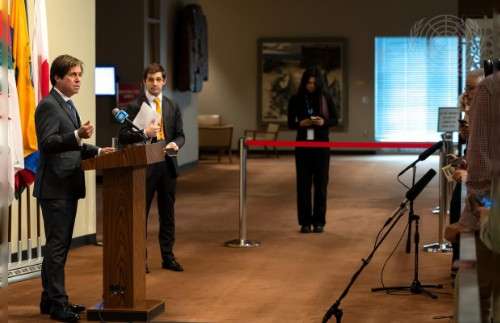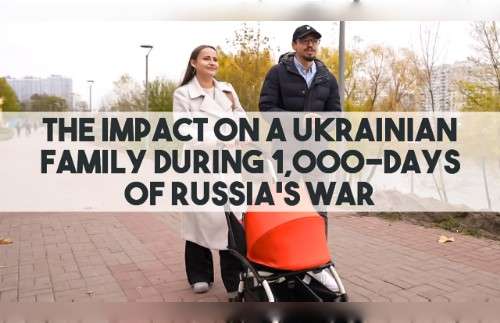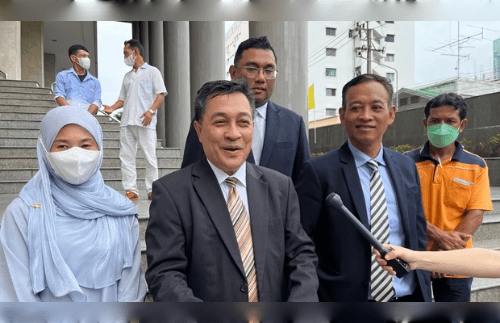
A new Ebola outbreak has been identified in the western part of the Democratic Republic of the Congo following a “complex” outbreak of the virus disease in the east which, according to WHO chief Tedros Ghebreyesus “seems to be in its final phase.”
Addressing reporters on 1 Jun in Geneva, Tedros said the Congolese Government announced today that a new Ebola outbreak was detected near the city of Mbandaka in Équateur Province.
The Congolese health ministry had identified six cases, including four people who have died. WHO is supporting the response to this new Ebola outbreak.
Commenting on President Donald Trump’s decision to terminate the United States’ relationship with the WHO, Tedros said, “The world has long benefited from the strong, collaborative engagement with the government and the people of the United States. The US government and its people’s contribution and generosity towards global health over many decades has been immense, and it has made a great difference in public health all around the world. It is WHO’s wish for this collaboration to continue.”
Executive Director of WHO’s Health Emergencies Programme, Michael Ryan, said Central and South America have “very much become the intense zones of transmission” for COVID-19 adding that the regions had not yet “reached the peak.”
He said weeks ago the world was extremely concerned about what was going to happen in South Asia or in Africa, but “to a certain extent, the situation in those two settings is still difficult, but it’s stable.” He said, “Clearly, the situation in many South American countries is far from stable. There’s been a rapid increase in cases, and those systems are coming under increasing pressure.”
Ryan said the decrease in the global number of cases may “not be that the virus itself is becoming less potent, it may be that we are as a community and a globe successfully reducing the number, intensity and frequency of exposure to that virus, which on the face of it, the virus then looks weaker, but it may be weaker because we’re doing better.” He hoped that the virus was indeed weakening but stressed, “we cannot at this point take that chance.”
Maria Van Kerkhove, Technical Lead for COVID-19 at WHO’s Health Emergencies Programme said early treatment, identification, and oxygen support when needed, can save lives. These are the things, she said, that “can reduce the potency, that can reduce the power of this virus.” She underscored however that “if we let the virus go, it will infect people and it will cause severe illness and about 20 percent of people. So, the important message is that there are things that we can do to suppress transmission and to save lives.”
Van Kerkhove, said based on those infected so far globally, “the vast majority of people who have had COVID-19 infection will recover, without problem. There will be some individuals who have had severe disease or more severe disease or critical disease that have been in hospital for prolonged periods of time. They may have had intubation, they’ve had severe pneumonia, they may have had toxic shock. They may have had quite some serious, serious disease. And these individuals may have a longer effect. And so, what we need to do is follow them over time to understand how they recover and what long-term care, if any they need. So, we’re just starting to learn from this.”
–WHO
North Korean women in China catch ‘Disco Fever’
Russia’s Full-Scale Invasion Pushes Ukraine’s Drive Toward Digitization
As UN Warns Kabul’s Groundwater Could Deplete by 2030,Residents Wait for Hours to Collect Water
Despite Risks,Unaccompanied Child Migrants Keep Crossing US Border
Mary Jane Veloso, a Filipina on Death Row in Indonesia,is Coming Home
Trapped in Lebanon, African Migrants Face Unemployment and Rockets
The Impact on a Ukrainian Family During 1,000-Days of Russia’s War
Subscribe Our You Tube Channel
Fighting Fake News
Fighting Lies







